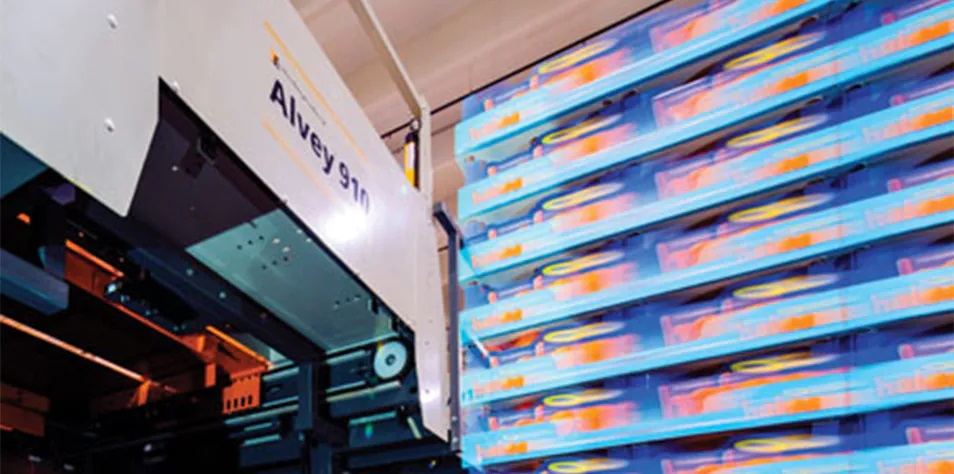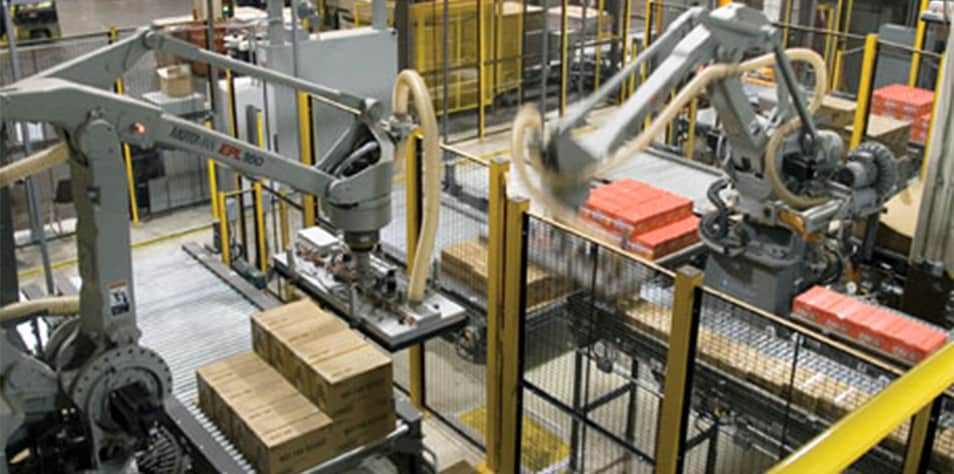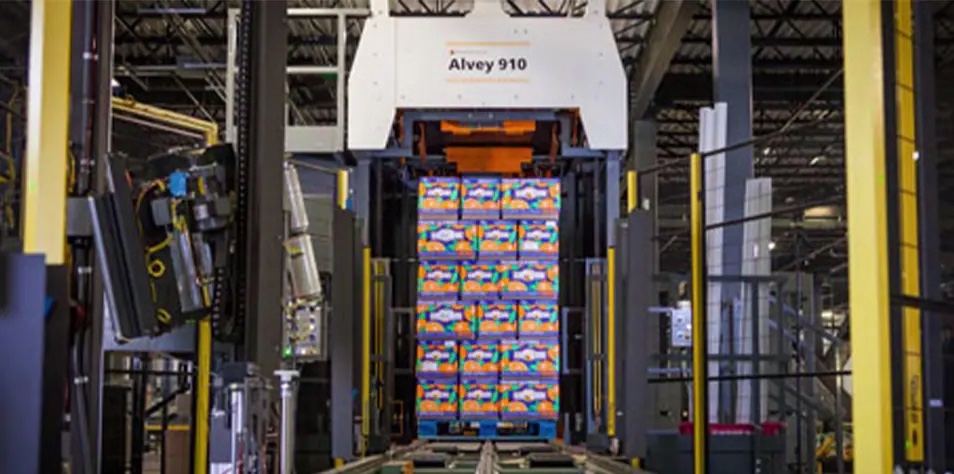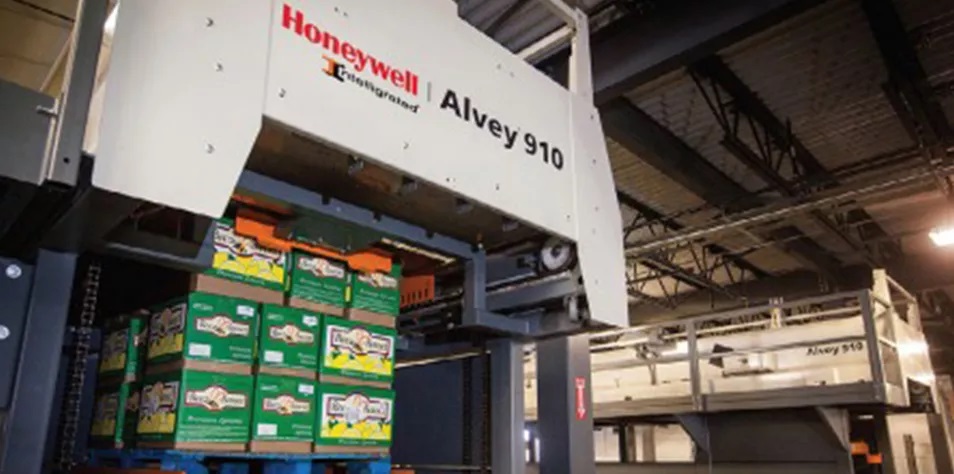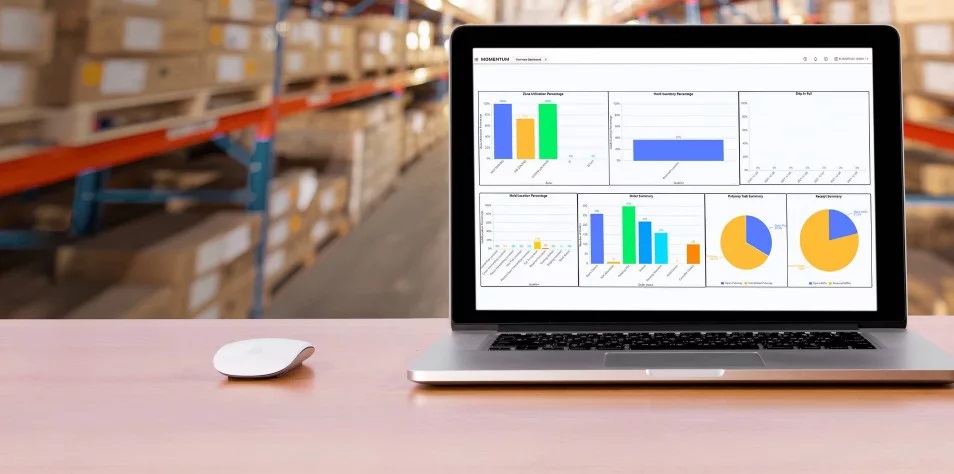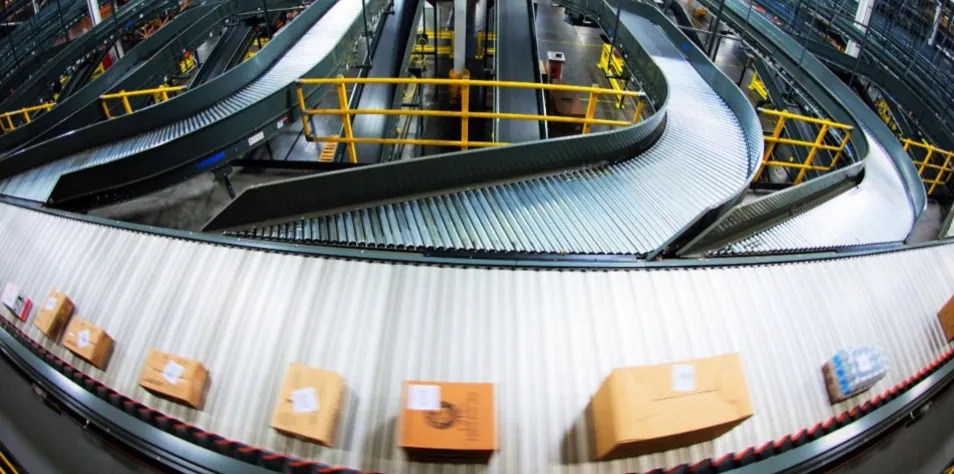
Honeywell Intelligrated Food and Beverage

Case Study – Wonderful Citrus
Wonderful Citrus is part of the Wonderful Co. family of companies. The Wonderful Co. is a $3 billion international company focused on healthy brands for healthy lifestyles. Its products include fresh fruit and tree nuts; floral delivery; and premium beverages such as artesian water, California wines and pure pomegranate juices and teas. Over the last decade, the company has transformed the healthy pomegranate and POM Wonderful into a worldwide phenomenon, FIJI Water into the country’s No. 1 imported bottled water, and Wonderful Pistachios into one of America’s top-selling snack nuts. Its diverse holdings make it the world’s largest grower of tree crops, America’s largest citrus grower, and the world’s largest flower delivery service. Wonderful Citrus is America’s largest integrated grower, packer and shipper of fresh citrus — mandarins, navel oranges, Valencia oranges, lemons, limes, Texas red grapefruit and other citrus varieties.
More than 26 million fresh cartons of citrus are processed at its facilities in California’s San Joaquin Valley, Texas’s Rio Grande Valley and Mexico and then shipped around the world. The company is best known for its sweet, seedless, easy-peel California mandarins — marketed under the Wonderful Halos® brand. Wonderful Citrus is the country’s largest grower of mandarins, which are processed in the world’s largest citrus packinghouse at its company’s headquarters in Delano, Calif.
Case Study – The Hershey Company
At the Hershey manufacturing facility where packaging systems engineer Alex Diaz works, there is only one constant: constant change.
The plant manufactures Hershey products for an assortment of brands, including Hershey’s®, Kit Kat® and Cadbury®, with a wide variety of low- to mid-velocity SKUs that can change seasonally, weekly, and even daily based on demand from the Hershey marketing team, retail stores and consumers.
For a company demanding this much flexibility, its packaging, logistics and material handling solutions must be up to the task. This was the challenge when the Hershey engineering group looked to an Alvey palletizing solution from Honeywell Intelligrated to successfully revamp and automate the palletizing operations at the Hershey facility.
Until 2005, everything at the Hershey plant was hand-palletized, resulting in low palletizing rates and high manual labor costs. “We had three to four people palletizing per line, per shift, for three shifts a day,” said Diaz. “So we’re talking about 12 to 15 people palletizing at once, depending on how complicated the patterns were.” Employees were also doing a lot of heavy lifting — some boxes in excess of 50 pounds — leading to ergonomic issues and safety concerns.
Learn more about why Hershey engineers are calling the system’s performance the “latest and greatest” in the company’s material handling systems, with the help from Honeywell Intelligrated.
Case Study - Bee Sweet Citrus
Bee Sweet Citrus is an independent packer and shipper of California citrus, offering year-round access to oranges, lemons, grapefruits, blood oranges, mandarins, tangelos and pomelos. The company’s 400,000 square-foot campus in Fowler, California, can process more than 3,500 bins of citrus per day and offers cold storage capacity for 280,000 cartons of citrus. With access to so many different types of citrus, Bee Sweet enables retailers to streamline the procurement process by sourcing multiple product types from a single source, rather than using different suppliers for each.
The company prioritized investments in sophisticated equipment and technology in the pursuit of greater efficiency. Continued growth blossomed into a second packing house in Fowler, and the company scaled up to serve its current volume of 10 million cartons per year, serving big-box retailers, grocery stores and export markets. Eventually, rising labor costs, safety concerns, high staff turnover and potential production increases meant that remaining profitable and reaching peak efficiency required investment in an automated palletizing solution.
Honeywell Intelligrated was able to check all the boxes Bee Sweet Citrus was looking for, such as system flexibility. In addition to providing the necessary equipment, Honeywell Intelligrated also offered a process marked by clear, consistent communication, thorough operational analysis and collaborative decision- making. The Honeywell Intelligrated team took the time to research and understand Bee Sweet’s unique business challenges and leverage their citrus industry expertise from previous projects to produce a superior solution concept.
Check out our full case study to learn how the partnership between Honeywell Intelligrated and Bee Sweet Citrus resulted in increased facility efficiency and throughput.
White Paper - Conventional vs. Robotic Palletizing
There are pros and cons when it comes to conventional and robotic palletizing warehouse solutions. Finding the right one for your operation depends on your current needs and long-term goals.
Robotic palletizing is ideal for warehouse operations that handle a variety of SKUs and are often lower-speed. While they have minimal hardware requirements, they are a more costly option but can produce high precision rates.
Conventional palletizing is a good solution for higher-speed operations and often outperform its robotic counterpart. Often found in the food and beverage industry, conventional palletizing solutions are more flexible and able to handle complex sequences.
Is conventional palletizing dead? Rather than getting immersed in ambiguous statistics and marketing buzzwords, this paper will look at the specific applications that favor each technology to determine if the future of palletizing is exclusively robotic.
Podcast - Why WMS Is Crucial for Future Expansion
If there’s one trend that will be hot in 2022, it’s a growing demand for automated solutions in the logistics industry. There are two big reasons why: unprecedented e-commerce demand, plus significant advances in the technologies that drive robotic solutions.
Joining us are Bob Carver, principal account manager for Honeywell Intelligrated; and Corinne Bertino, software solutions consultant for Honeywell Intelligrated. Today on the show: we’ll explore the power of warehouse management system (WMS) software, and why it’s an essential component to any distribution and fulfillment (D&F) operation that hopes to expand beyond a certain level in today’s omnichannel marketplace.
Podcast - How to Increase Equipment Reliability By Using LSS
It’s safe to say that most organizations’ overarching business goals include improving efficiency and throughput, increasing overall equipment reliability and uptime, gaining better production numbers, and cutting costs. A key way to achieve all of these goals is by leveraging lifecycle support services (LSS) to optimize critical equipment and processes.
On the show, we’ll explore two different service approaches that can help companies to meet their objectives: outcome-based services and critical path optimization. The guest today is Diane Blair, Director of Field Operations at Honeywell Intelligrated.
Listen to the full podcast and discover Honeywell Intelligrated’s Lifecycle Support Services five-phase approach to ensure all key areas of the critical path are optimized.
For more information
Please enter your email to learn more.
